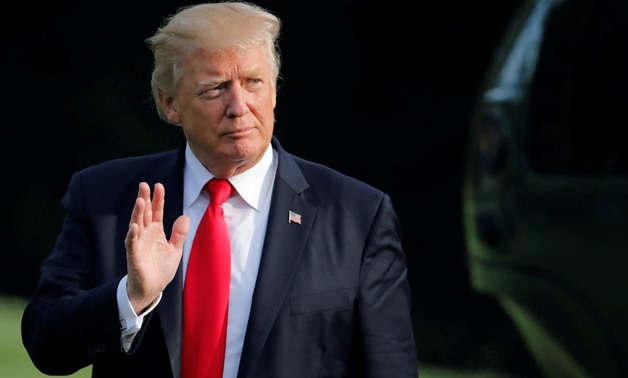
Trump says CFIUS can protect U.S. technology from Chinese acquisitions
WASHINGTON - 27 June 2018: President Donald Trump said on Tuesday that sensitive U.S. technology can be protected from acquisition by China through the committee that scrutinizes foreign acquisitions of American companies, but the ultimate method was still being worked out.
Trump's remarks to reporters at the White House appeared to favor Treasury Secretary Steven Mnuchin's approach in a fierce internal debate over U.S. investment restrictions on Chinese companies -- using new tools associated with pending legislation to enhance security reviews by the Committee on Foreign Investments in the United States (CFIUS).
Mnuchin and White House trade adviser Peter Navarro sent mixed signals on Monday about Chinese investment restrictions due on Friday, with Mnuchin saying that they would apply to "all countries that are trying to steal our technology" and Navarro saying that they would be focused specifically on China.
Asked about the pending restrictions at a White House meeting with Republican lawmakers on Tuesday, Trump said: "We have the greatest technology in the world. People copy it. And they steal it, but we have the great scientists, we have the great brains and we have to protect that and we’re going to protect it and that’s what we’re doing. And that can be done through CFIUS. We have a lot of things we can do it through and we’re working that out."
Prior to the meeting, Mnuchin was seen by reporters in the West Wing of the White House.
Legislation passed by the U.S. Senate would strengthen the authority of CFIUS, allowing it to review transfers of minority interests in companies dealing in critical technologies and infrastructure. It also allows for reviews of purchases and leases of property near sensitive U.S. government land and facilities.
The legislation, yet to be passed by the House of Representatives, also would create a new interagency process led by the Commerce Department to control outbound transfers of intellectual property after acquisitions, focused on emerging technologies.
The pending investment restrictions on China are part of the Trump administration's efforts to pressure Beijing into changing its technology transfer policies and subsidies aimed at building up high-tech industries to rival those dominated by the United States.
Tariffs of 25 percent on an initial $34 billion worth of Chinese imports are due to take effect on July 6, with a further $16 billion undergoing a vetting process for activation later this summer.
Should China follow through on its vow to retaliate in equal measure with tariffs on U.S. soybeans, cars and other goods, Trump has threatened to impose 10 percent tariffs on another $400 billion worth of Chinese goods.
A Reuters analysis of the tariff lists found that most of the Chinese products targeted thus far are classified as intermediate or capital goods -- avoiding a direct tax on voters -- but many consumer goods have been caught up in the net, and will be targeted in future rounds.
Comments
Leave a Comment